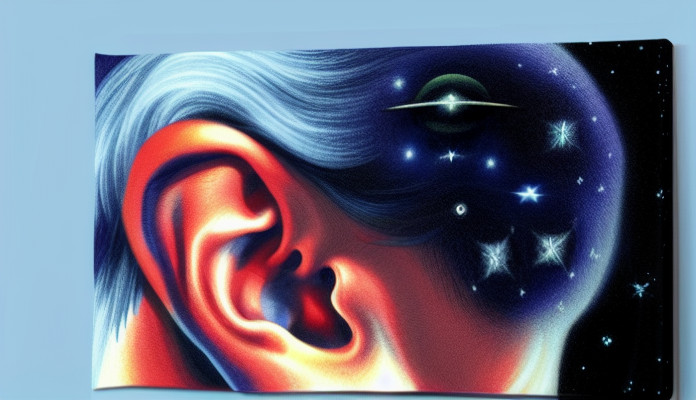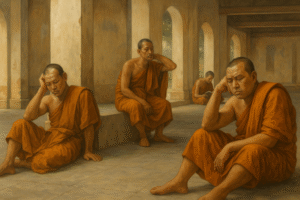We will explore the profound, yet often unperceived, distinction between listening and hearing.
Firstly, let’s create a foundation of understanding: hearing is a physiological process. It is the passive intake of auditory stimuli – the rustling of leaves, the humming of a city, the symphony of birds at dawn.
Hearing is mechanical; it is our body’s automatic response to sound. The ear picks up vibrations and sends signals to the brain, which interprets these signals as different types of sound. Everyone with functioning auditory system hears, it’s as involuntary as breathing.
But as you have likely inferred, there is a great chasm between hearing and listening.
Listening, on the other hand, is an active process. It involves an intentional choice, an engagement, a focused participation with the sound, and most importantly, with the silence between the sounds. Listening is an art that requires attention, practice, and patience.
When we listen, we go beyond the audible frequencies that hit our eardrums; we delve into the realm of understanding, of empathy, of oneness. Listening is a form of meditation, a practice of presence where we extend our awareness to receive not just the spoken words, but the unspoken emotions, the underlying thoughts, the silent cries.
So, you see, hearing is merely a biological act, while listening is a spiritual one.
Imagine you are sitting in the heart of a forest. You hear the wind rustling through the leaves, the chirping of birds, the distant murmur of a river. You are hearing, yes, but are you listening?
Listening would mean to be in communion with the forest, to understand its language, to absorb its wisdom. Listening would mean to close your eyes and feel the wind as it speaks of its journey, to sympathize with the birds as they sing their songs of existence, to comprehend the river as it tells tales of its constant flow towards the ocean of unity.
In a similar vein, when we interact with another person, we often hear their words, but do we truly listen? Do we give them our undivided attention? Do we endeavor to understand their perspectives, their emotions, their dreams, and their fears?
In everyday life, we have become excellent at hearing but rather poor at listening. Our bodies are present, but our minds are elsewhere, entangled in the web of past regrets or future anxieties. We hear the sounds around us, but we are not truly present.
But we can learn to listen, and in doing so, we can bring richness to our interactions, depth to our understanding, and wholeness to our being.
The art of listening begins with silence, with inner stillness. Be quiet within, and you will start to hear the unsaid words, the hidden feelings, the silent songs of the universe.
So, the next time you find yourself in conversation, remember, you’re not just there to hear, you are there to listen. To understand. To connect. And, ultimately, to unite.
And this is the difference between listening and hearing. One merely requires your ears; the other demands your heart.





